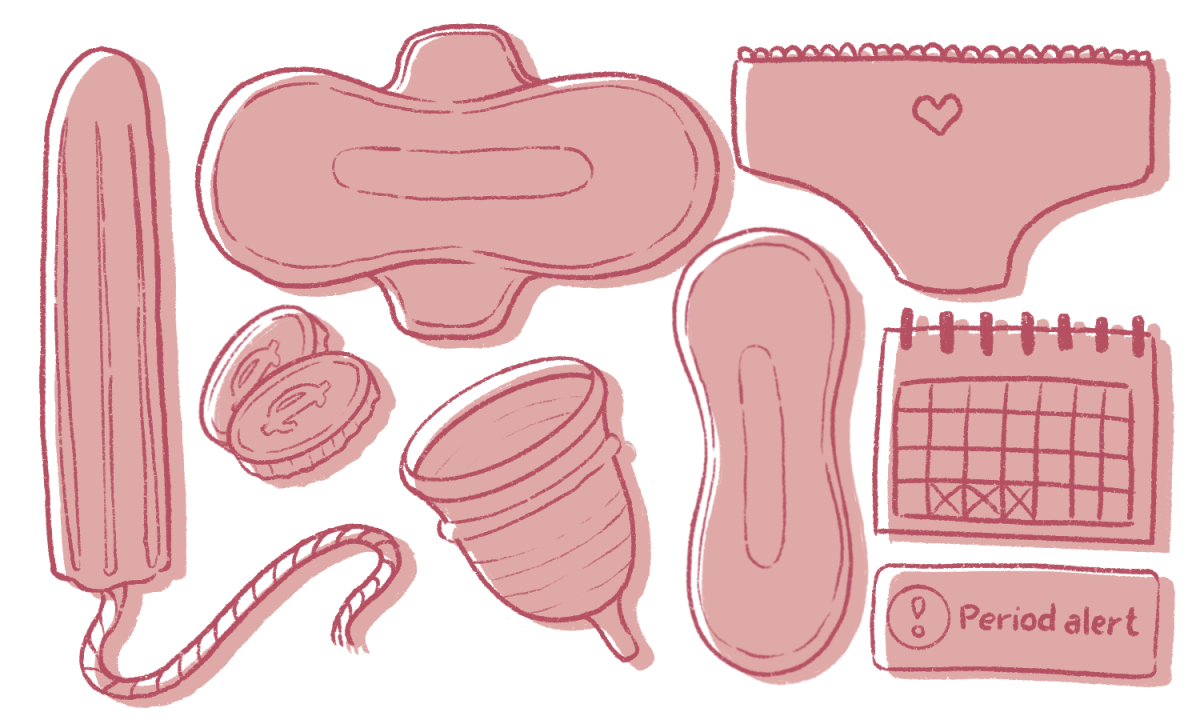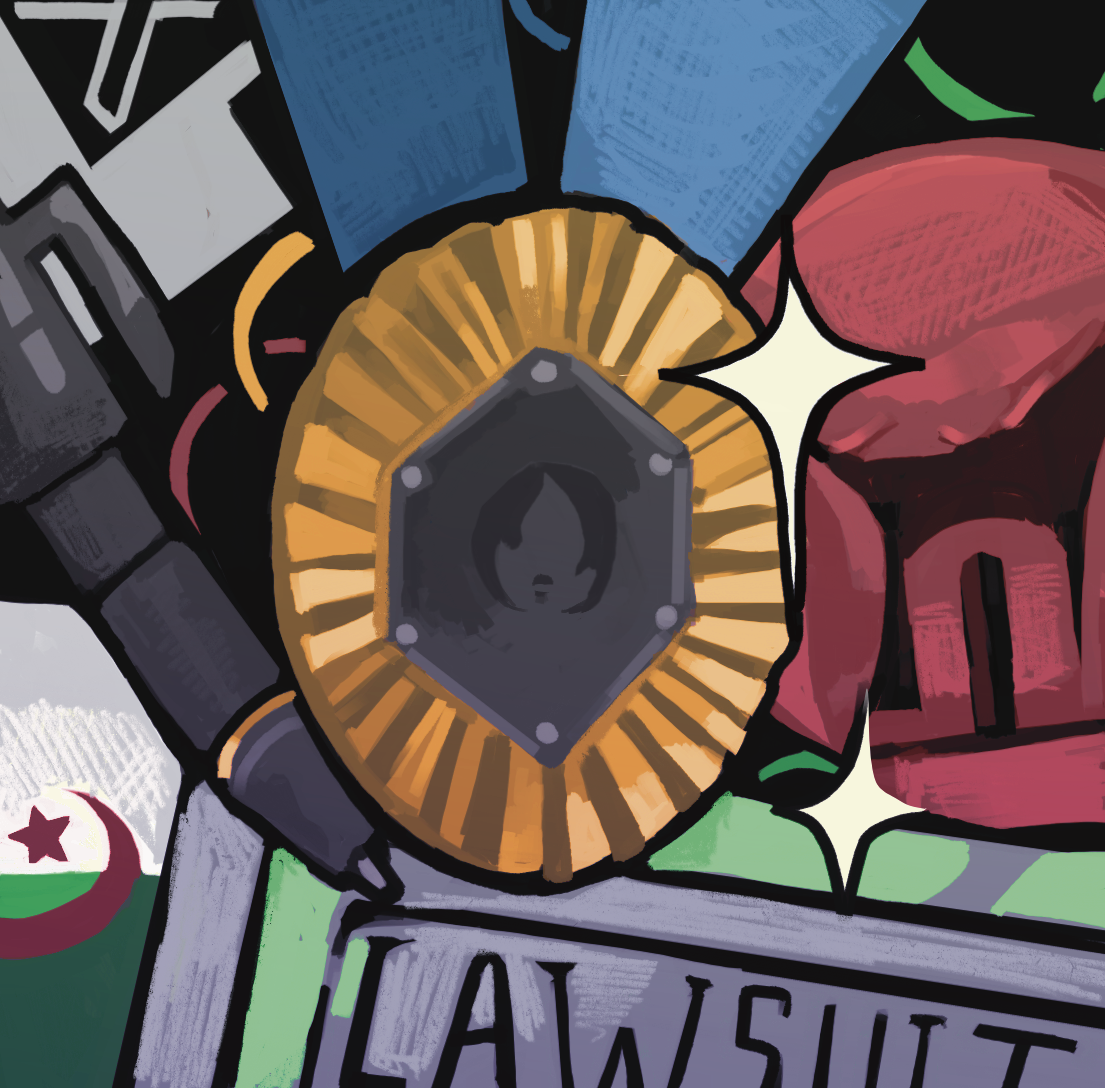Ten percent of individuals who menstruate in college face a tough choice: do they buy a box of pads or their next meal? Period equity involves the effort to make menstrual products accessible and advocate for reproductive health – and it needs to be more adequately addressed.
The cost of period products is affecting menstruators across age groups. The State of the Period study found that 20% of teens had difficulty affording menstrual products or were unable to buy them at all. A study in BMC Women’s Health found that 1 in 10 menstruators in college face period poverty, and this number rises among first-generation college students. Crawford and Waldman assert that period poverty has been exacerbated by the pandemic and because period products are not covered by food stamps or SNAP benefits, menstruators living in period poverty may have to choose between buying their next meal or buying period products. A research article by Das et. Al found that women using period product alternatives – such as rags or paper towels – faced a heightened risk of urogenital infections. Menstrual products are a matter of personal hygiene and can even affect the hygiene of other people if inadequately managed.
“The physical illnesses and extreme stress that folx who don’t have access to menstrual products, support and resources can experience can take a mental, emotional or social toll on students and affect their academics and livelihood,” said Re’Nesha Weston, former student director of the UTD Wellness Center. “The shame and stigma . . . can have an effect on a student’s ability and willingness to learn about or seek resources.”
The issue of menstrual inequity and the lack of products provided has even been attributed by some legal scholars as a Title IX issue. Title IX of the Education Amendments of 1972, designed to provide students protection against sex-based discrimination, states that “no person in the United States shall, based on sex, be excluded from participation in, be denied the benefits of, or be subjected to discrimination under any education program or activity receiving Federal financial assistance.” In an article by Johnson et. Al, the authors argued that a denial of education opportunities on the basis of sex arises when schools fail to address menstruators’ needs.
This issue is far from abstract. More than 84% of menstruators in the U.S. have missed class or know someone who has due to a lack of product access according to the State of the Period study. Of 32 menstruating students surveyed at UTD, 17 report having had to miss class because of their period.
The Period Project is an organization at UTD seeking to serve the local community by educating and advocating for menstrual equity. UTD currently does not provide free menstrual products to students in restrooms but notably does provide free toilet paper. At the Period Project, we ask: when toilet paper is not viewed as a luxury, why should tampons be? Periods cannot be controlled or prevented, but they do have to be managed.
“Many of our menstruating Comets do not have access to or consistent hygienic products, which is essential to one’s physical health and mental wellness,” said Jaqueline Price, assistant director for Women’s & Gender Equity Programs at the Galerstein Gender Center. “When we talk about menstrual equity, we start to reflect on important questions like ‘why isn’t this something that is commonly provided in public restrooms?’”
The Period Project is advocating for UTD to provide free menstrual products in the same way it provides toilet paper or paper towels, which are viewed as necessities. One could argue that you can replace paper towels with air drying alternatives or go without them altogether, but there are not safe alternatives to period products.
Over the last semester, the Period Project planned to fundraise and stock the Student Union bathrooms with free menstrual products. Unfortunately, the staff brought up concerns regarding a lack of storage, the possibility of messes and stock being taken too quickly. We ask the UTD administration to help us arrive at possible solutions, such as providing product dispensers in the bathroom for storage and controlling stock portion to provide students with the necessities to do something as simple as sit in a classroom.
If you would like to call attention to the quality education barriers that periods create and urge the UTD administration to begin supplying free period products on campus, sign this petition. It is time that period products stop being treated as a luxury and are instead treated for what they really are: a necessity.
Hana Ahmad is a biology sophomore and advocacy chair for the UTD student organization The Period Project.






